
If you are a person who cares about your body, then the concept of “calories” must be familiar to you.
All social platforms are full of content about “teaching you to count calories”:
Losing weight, everyone knows it is nothing more than-the calorie intake is less than the consumption.
As a result, many people began to eat strictly according to calories:
First calculate your basal metabolism based on your height and weight (possibly using the upper body fat scale for higher-level ones);
Weigh the food before eating, and then record the calories of the food eaten on the App;
At the end of a meal, look at today’s calorie balance.
Many apps have calorie calculation functions
However, what we want to say today is: don’t let the heat “kidnap” you.
Losing weight is not a calorie.
Heat is actually not accurate at all
Many people know the “energy deficit” theory of weight loss:
When the energy intake is less than the energy expended, you can lose weight. The less you consume and the more you consume, the more weight you can lose.
The theory is correct, but many people don’t know: the numbers on the food calorie meter and exercise calorie meter are not absolutely accurate.
Unlike rulers, scales and other universal standards and tools, although heat has a clear definition, it will be affected by many factors, such as measurement methods, physical conditions, etc…
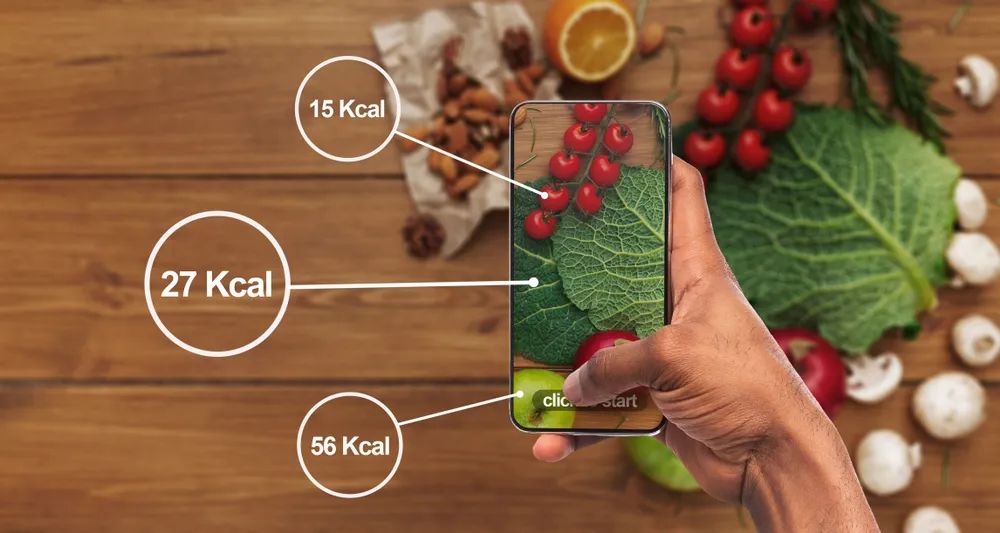
The calories we calculated by ourselves, the deviation is even greater:
On the one hand, the calories consumed by basal metabolism and exercise can only be used as a reference.
The basal metabolism measured by the home body fat scale and the body fat meter in the gym may have a large deviation;
The same is true for the calories consumed by sports measured by sports watches: A 2017 Stanford University School of Medicine study showed that sports watches misestimated at least 20% of their energy consumption.
On the other hand, many people dig out the calories they eat every day, which is not accurate at all.
There are many uncontrollable aspects of the food itself. For example, if you eat beef stew with potatoes at noon, but the amount of potatoes is more or less, what part of the beef you use, or even just shaking your hands and putting more spoonfuls of oil… may result in one serving. The calories of beef stew with potatoes vary widely.
People themselves are even more uncontrollable, not chewing, diarrhea… will also affect the absorption rate of food.

Calories/calories is an estimation tool, not a “correct answer”.
It can help you understand your overall state, but if you are obsessed with numbers, care about every bite of food, every exercise, or even blame yourself for it, then it’s really unnecessary.
Maybe people are not thin before they have a bad mentality.
Strict control of heat may bring new problems
Many people make weight loss a math problem once they start to lose weight.
For example, here are two 25-gram snacks, one with 144 kcal and one with 85 kcal. Which one would you choose during weight loss?
Of course choose low-calorie ones, right?
But in fact, it may be the 144 kcal portion, which is healthier and more conducive to weight loss.
Calories are indeed important, but it is not the only measure of food. The content of various nutrients, the feeling of fullness after eating, the effect on blood sugar… These are also important for weight loss.
If you eat strictly according to calories, and only count calories regardless of others, it is likely to bring new health problems.
For example, after some people know that their basal metabolism is 1,200 kcal, they eat 1,200 kcal a day.
Fasting, skipping dinner, taking fruit as a regular meal… The result is often not a great success in weight loss, but rather hungry to the chest and back, anemia, hair loss, and delayed menstruation all come to the door.

For another example, reject all high-calorie foods, as if you would fail in your life with just one bite.
But the low-calorie foods are very similar: mostly lettuce, broccoli, cucumber, cherry tomatoes and other vegetables and fruits, and barely count the few meats such as chicken breast.
Without the support of good cooking skills, this kind of food is easy to make people form a “healthy meal = not tasty” conditioned reflex, eating becomes a task, and even makes people doubt life: is living just to eat grass?
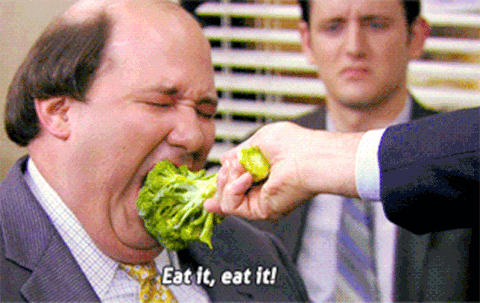
If this continues for a long time, not only is it difficult for most people to stick to it, but it may also cause nutrient deficiency due to an imbalanced diet.
Even if the stomach is full, whether it tastes good or not can not deceive the brain. After a meal, there is no trace of satisfaction.
But appetite is a bit like a child with a rebellious mentality during adolescence. The harder you work to suppress, the harder it is to control.
You know, the beginning of many overeating is extreme diet control.
But after the gluttony, one side fell into incomparable self-blame:
I’ll blame myself if I find that the calories are too high in a day
I want to vomit but can’t vomit
It’s painful…
I hate myself like this
On one side, it is difficult to control the arrival of the next gluttony.
In the end, I even forgot how to eat well.
Losing weight is not a math problem, what you should do is adjust your eating habits
We don’t recommend that you make weight loss a math problem, but it’s not calories. What else can you do if you want to lose weight?
The answer is simple-eat “right” foods instead of “low-calorie” foods.
Losing weight should not be an endless cycle of “diet-indulgence-diet-indulgence”, but a gradual change in eating habits from bad to good.
Recognize the characteristics of food, feel the sensations that food brings to the body, integrate good habits into life, and you will naturally lose weight.
Take a study published in Cell Metabolism in 2019: The study divided the participants into two groups, one group ate rough processed foods (which can be understood as healthy foods), and the other group ate refined foods (which can be understood as unhealthy foods).
Under the premise of ensuring that the calories and nutrients provided by the two foods are similar, the same is to eat as much as you want, to eat until you are full, and to have a sense of satisfaction. There is no restriction on the amount of food you eat.
The result of the experiment is that people who eat healthy food, compared with people who eat unhealthy food:
Unconsciously lose about 500 kcal of calories every day;
After two weeks, I lost nearly 2 kilograms.
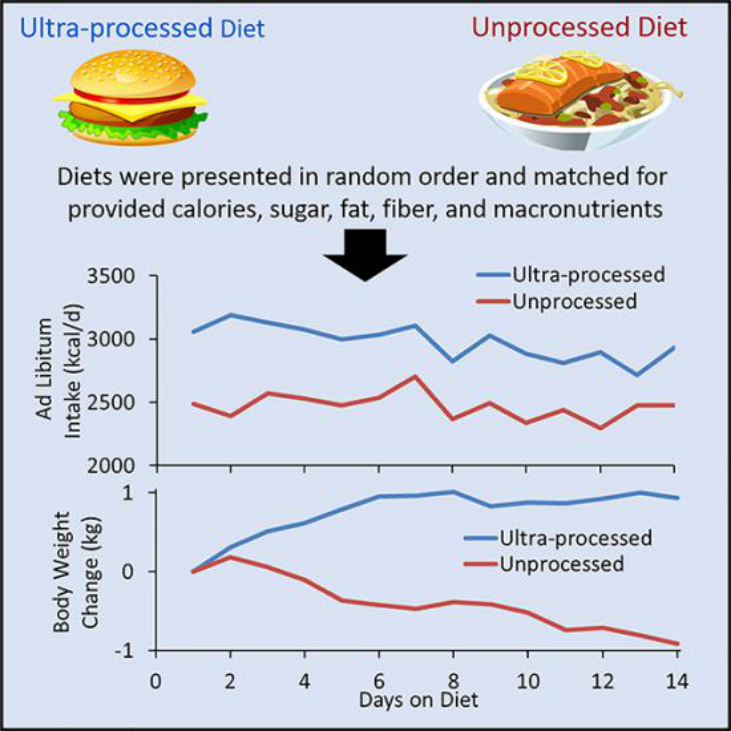
If you want to lose weight, what you really should do is to adjust your diet.
It should never be a math problem, there is no need to pick up the heat.
Heat is a good tool, but don’t let it kidnap you
Having said that, calories are not meaningless:
It allows us to know which foods can be eaten freely and which foods can occasionally relieve hunger.
In extreme cases, it can also help us find the most suitable food when we are in urgent need of energy.
But what we must always remember is-calories are only a certain characteristic of food, not all.
Going back to the question raised earlier: Which of the two foods in the picture below would you choose to lose weight?
A foreign blogger gave his opinion:
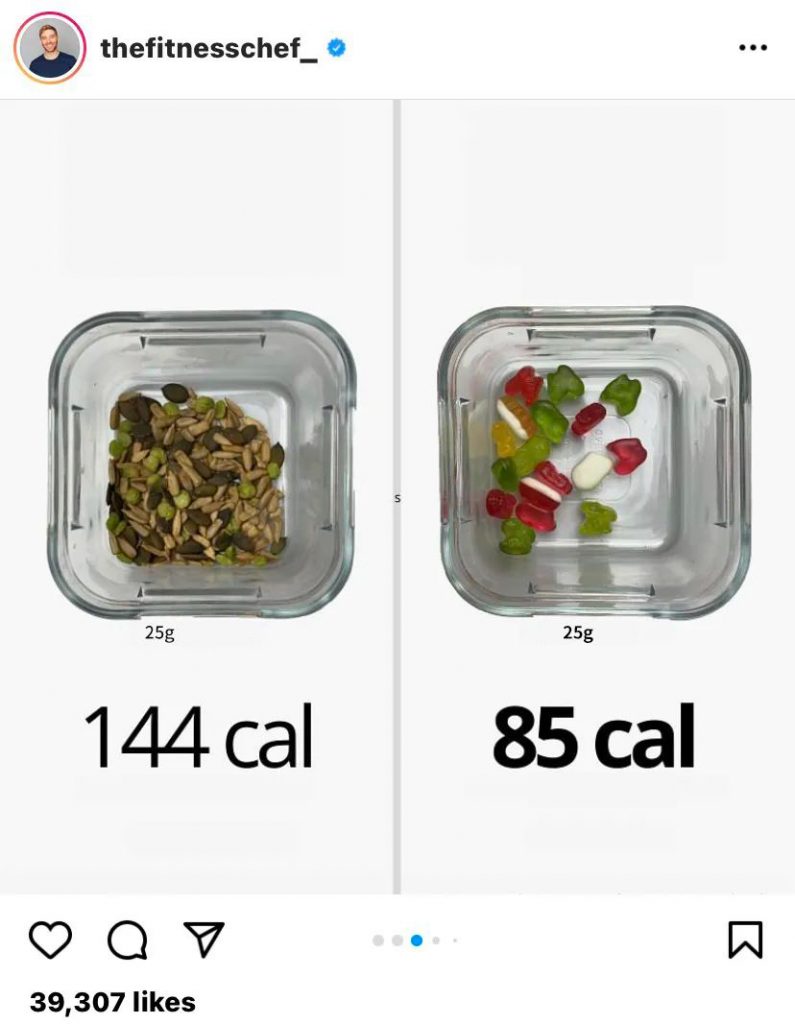
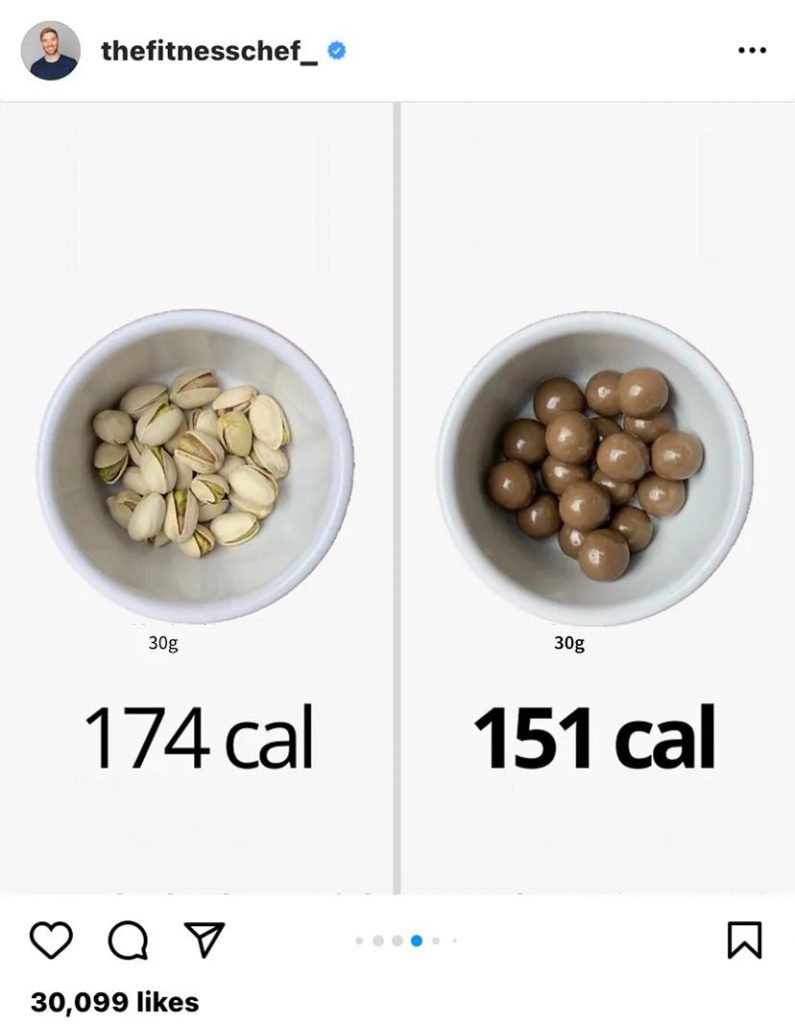
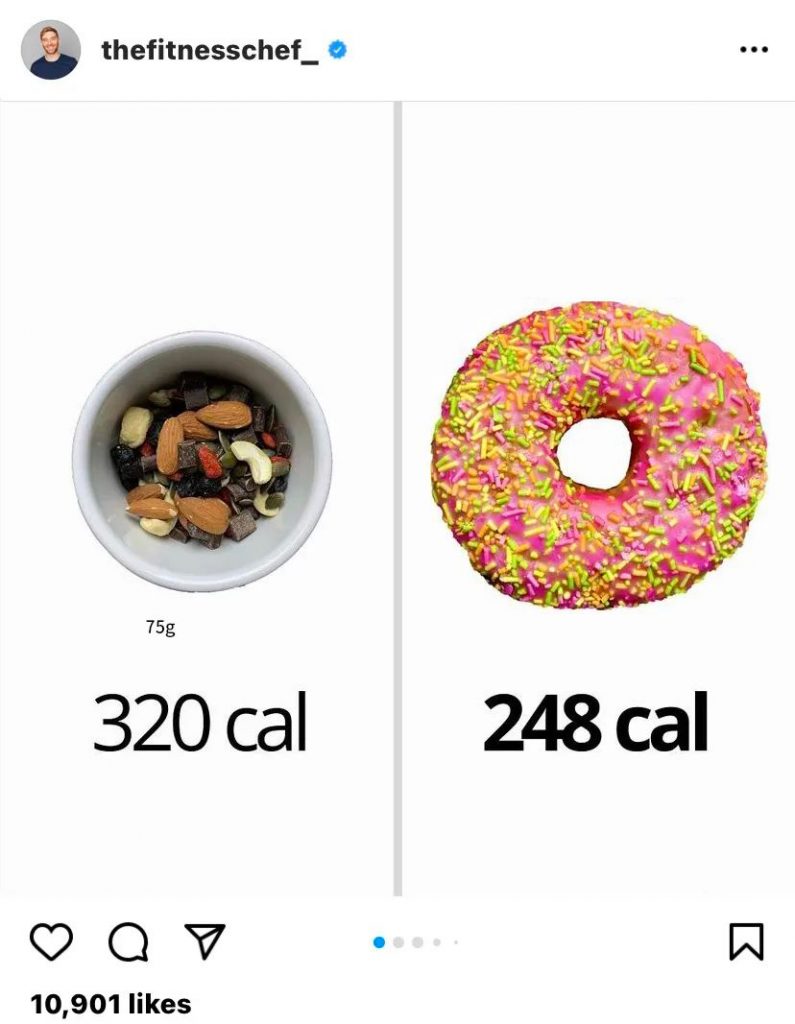
For people who are losing weight, “high calories” is undoubtedly a disadvantage.
But just like making friends, we will not sever all relationships just because a person has a small shortcoming and consider him a bad person.
Food is the same.
Every food has a meaning. Calories are one of the labels we know about them. Don’t overeating because of deliciousness, and don’t torture yourself because of high calories.
Losing weight has never been a math problem.
What we have to do is not to change the number on the scale, but to learn how to eat well and treat our body well.
Comments